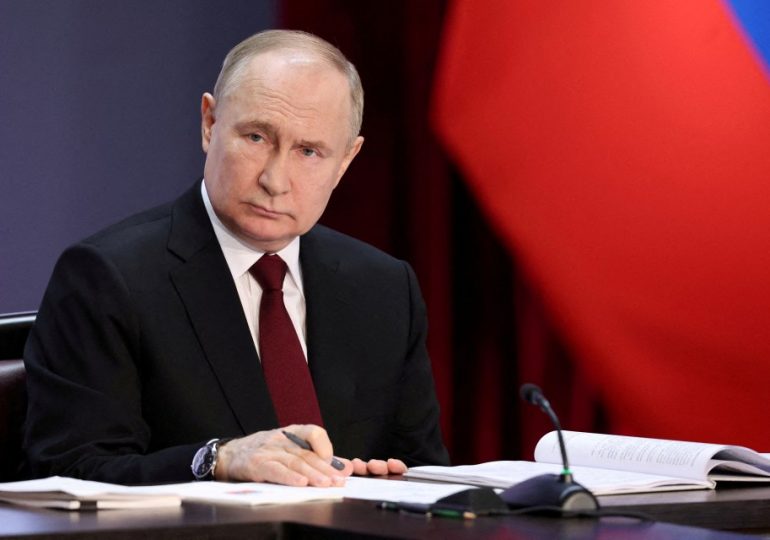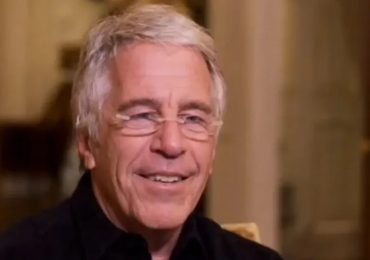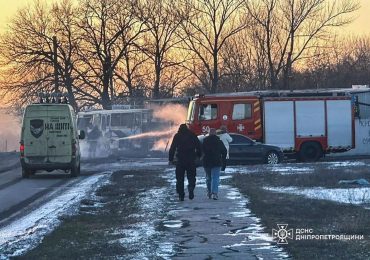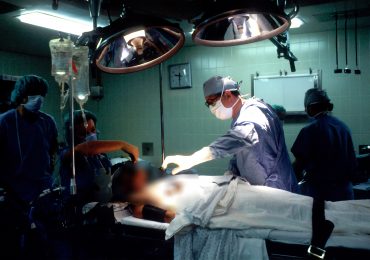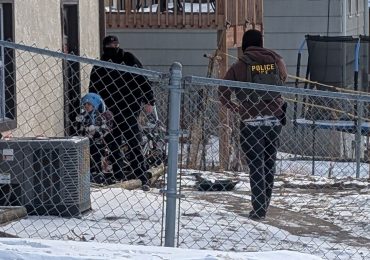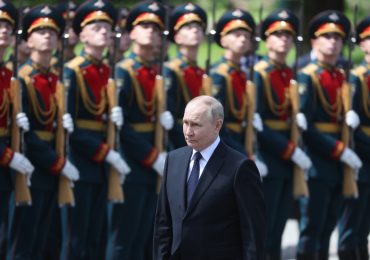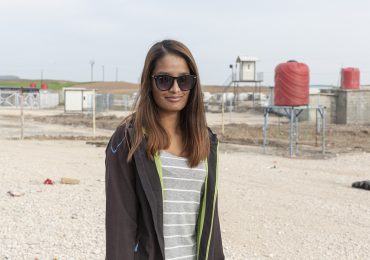VLADIMIR Putin’s cronies have dramatically arrested a top Russian military official on charges of corruption.
Timur Ivanov, 48, one of Russia’s 12 deputy defence ministers, could now face 15 years in prison for accepting a “hefty” bribe – a criminal offence in Russia.
ReutersPutin’s cronies have arrested a top Russian military official on charges of corruption[/caption]
APRussian Deputy Defence Minister Timur Ivanov has been accused of taking a bribe[/caption]
AFPPutin with Timur Ivanov (L) during his visit to a Russian military park in 2018[/caption]
Ivanov, the top official in charge of the country’s construction of military facilities, was detained by the Investigative Committee, Russia’s top law enforcement agency.
He has been accused of taking a bribe of more than one million rubles (£8,500), it is understood.
Kremlin spokesperson said that both Putin and Russian defence minister Sergei Shoigu were informed about the arrest.
Ivanov was sanctioned by both the US and the European Union in 2022 after Russia invaded Ukraine.
He was appointed to the post in 2016 by a presidential decree and oversaw property management, housing and medical support for the military.
Russian media claimed that he was in charge of extensive construction in Mariupol – a port city in Ukraine’s partially occupied Donetsk region which was heavily bombarded and occupied by Russian forces in 2022.
Russian military previously reported that the ministry was building an entire residential block in the severely damaged city – and showed Ivanov inspecting construction sites.
That same year, the team of late Alexei Navalny, the Kremlin’s top critic, alleged that Ivanov and his family had been living an extravagant life full of luxurious trips abroad, lavish parties and elite real estate – indicating corruption.
Ivanov now joins the list of many such high-profile arrests in Putin’s regime.
Last year in December, the general in charge of Putin’s feared “Satan-2” nukes was dramatically arrested in a fraud scandal that rocked Moscow.
Lieutenant General Oleg Frolov, 61, the deputy director of the Russian space agency Roscosmos, was held along with two other alleged co-conspirators.
He was accused of playing a role in a play to steal £4million from the Russian state – which is known to be rife with corruption.
Ukraine braces for mega blitz
The high-profile arrest comes after Russia scaled up its assault on Ukraine, hinting towards Putin’s feared spring offensive that could start as early as next month.
For weeks, Putin’s army has been pounding Ukraine with relentless waves of missile and drone strikes, terrorising its 1.3million residents and killing dozens.
Kharkiv’s power facilities have been damaged particularly badly since Russia last month began targeting the critical civilian infrastructure, focusing on its energy system.
On March 22, Russian attacks destroyed the city’s two main power plants and a network of substations, plunging it into darkness and leaving thousands without electricity.
Last week, Kharkiv’s mayor warned the frontline city is in danger of becoming a “second Aleppo” as Russian aerial attacks turn it into a wasteland.
Ihor Terekhov said that unless the West steps up and delivers crucial air defence systems, Kharkiv could suffer the same fate as the Syrian city, which heavy Russian bombing reduced to rubble a decade ago.
He begged for the West to step in and deliver crucial air defences.
Referencing the now-passed US £50billion aid bill, he told The Guardian: “We need that support to prevent Kharkiv being a second Aleppo.”
Deliveries of US weapons are due to start within days after Republican congressmen finally ended a five-month deadlock in the House of Representatives.
The $61billion (£49billion) package is due to get final approval from the US Senate today.
Zelensky said the new weapons would let Ukraine’s forces “stabilise the front line”.
Leave a comment
